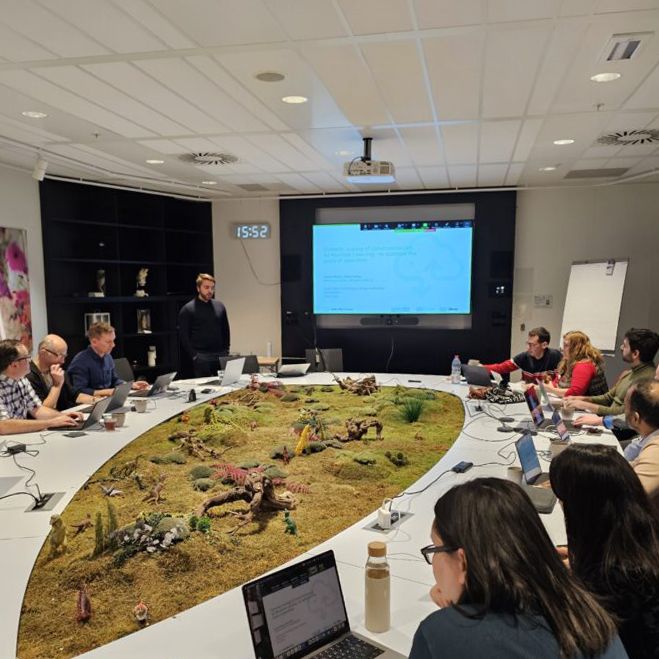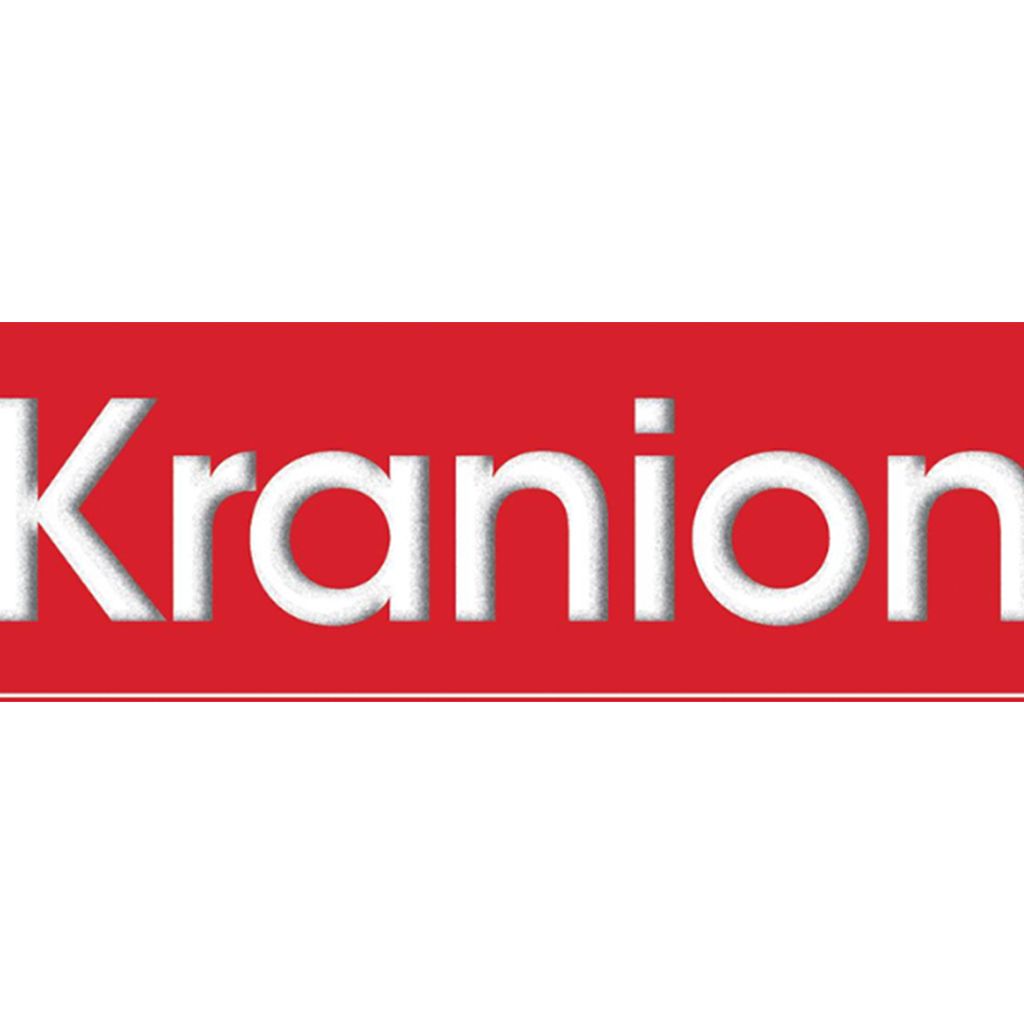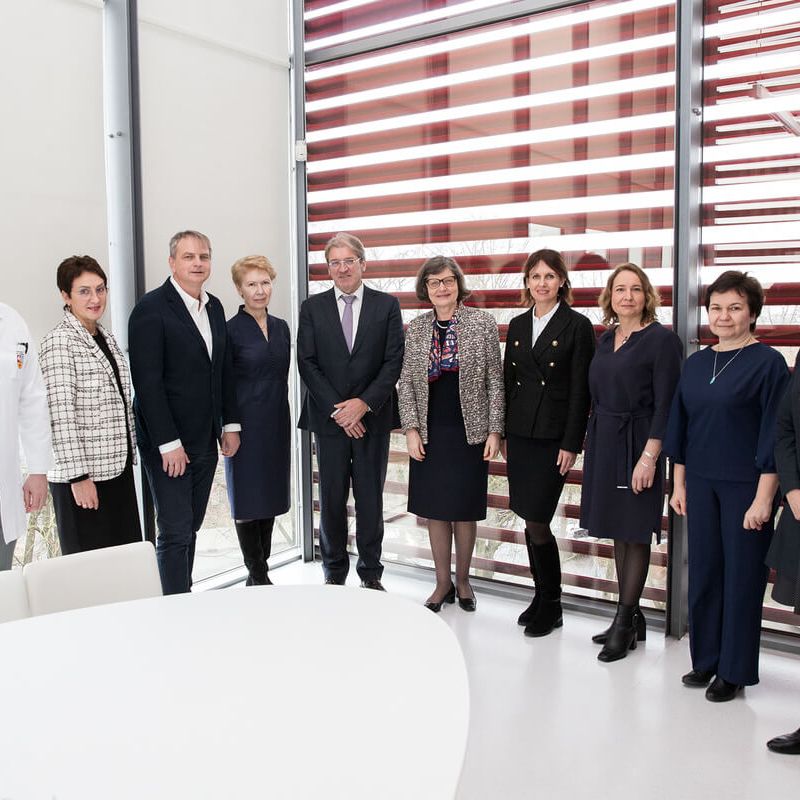
After two years on the ESFRI Roadmap, EBRAINS has gone a long way. Pawel Swieboda looks back at the achievements of the RI and its future challenges

It has been two years since EBRAINS was included in the latest edition of the ESFRI Roadmap, the list of Europe’s top science facilities (ESFRI stands for European Strategy Forum on Research Infrastructures). We continue to be proud of this achievement and the high grades we received in scientific excellence, pan-European relevance, e-needs, preparatory work and planning, and management and human resources policy. Unusually for a young Research Infrastructure, rather than only preparing the basis for the future, EBRAINS has been offering an extensive range of services, supporting a community of thousands of users around the world.
From the beginning, we have treated being part of the ESFRI Roadmap as a commitment to bring new technological means into the labs, and to open to new user communities, both individually and within larger scientific endeavors. The commitment has been to create a positive-sum dynamic of investment by integrating the best-in-class tools developed nationally into a pan-European and globally engaged Research Infrastructure. We have also been profoundly committed to excellence which is at the heart of the ESFRI process.
Inclusion on the ESFRI Roadmap reflected the maturity of the EBRAINS services at the time. Significant developments have taken place since 2021 along this trajectory, including in the growing ability of the EBRAINS simulation tools at different levels of brain organization to work in conjunction. We fully support the digital twin investigative methodology. This reflects scientific excellence at its best.
Science has always been at the heart of EBRAINS, as reflected in the
Science Vision with its emphasis on the integration of data and models, and the emergence of the so-called EBRAINS Knowledge Loop that enables the inclusion of simulated, virtual data and the drawing of insights through different inference tools. The EBRAINS Chief Science Officer Prof. Viktor Jirsa, supported by the newly formed EBRAINS Science and Technology Committee, under the leadership of Prof. Renaud Jolivet, is now working intensively on the 10-year scientific roadmap, projecting future developments for which the Research Infrastructure will be particularly impactful.
Brain research is in a period of unprecedented growth and EBRAINS has been part and parcel of it as an enabling Research Infrastructure. In the past year, we have prioritized consolidating the system of National Nodes of EBRAINS, following the earlier emergence of the Central Hub. In this approach, we are not reinventing the wheel but applying tested methods used by other Research Infrastructures. The aim is to provide integrated, cross-border services which create a positive sum over what individual teams can provide but anchor this effort in national research communities and make a strong case for national funding along the way.
Apart from serving individual researchers through its open access, EBRAINS has created a strong portfolio of projects it supports. They have to do with some of the most important areas of brain research and brain medicine. We are building a distributed research platform for modeling and simulating complex neurobiological phenomena of human brain function and dysfunction in a data protection compliant environment (eBRAIN-Health project), or serving as a gate of entry to the emerging system for Testing and Experimentation Facilities in AI solutions for health (TEF-Health project). We are also a member of the pilot project of the European Health Data Space, strongly believing that this important initiative will help us overcome existing barriers to accessibility of brain health data.
As an infrastructure of reference for neuroscience and brain health, EBRAINS has been active in the debate about the future of the European brain research agenda. Together with the European Brain Council, we hosted the first European Brain Summit in October 2021 where the concept of the new European Brain Initiative was launched. Working with the OECD, we have hosted a joint Round Table to discuss the ways to align the European and national research agendas and increase the accessibility and actionability of brain health data. In parallel, EBRAINS has supported the launch of the European network of neurotechnology platform, a grouping of the leading research organizations with an interest in bringing innovations to the clinic and the market. Together with several national funders, organizations of patients, neurologists and neuroscientists, we are now actively involved in planning for the future European Brain Health Partnership.
The enormous growth of our membership base is a testimony to the strong resonance of EBRAINS and the promise it brings to the community. Being able to pull together unique expertise from around Europe and beyond is one of our strongest assets. As we continue to chart this exhilarating journey into the unknown realms of the brain, we invite other research institutions, individual researchers, and stakeholders to join us and contribute their unique insights and knowledge. At EBRAINS, it is our mission to foster a vibrant, collaborative community that pushes the boundaries of knowledge. We are always open to discuss membership options, potential collaborations, and partnerships. Together, let us unlock the mysteries of the brain and make pioneering strides in neuroscience.
Joining the ESFRI Roadmap is about a long-term process, rather than a one-off event. The need for adjustments is part-and-parcel of the emergence of a Research Infrastructure. Over the past years, we have experienced several challenges at EBRAINS, each one teaching us invaluable lessons about resilience and adaptability. Amidst this ongoing journey, we have enjoyed the unwavering support of the Human Brain Project (HBP), which has developed the initial EBRAINS technologies. As the HBP comes to an end in September, we look forward to fully embracing the extensive neuroscience community and helping it push the boundaries of knowledge. This is what is firmly in the spirit of the ESFRI process. We look forward to writing the next chapter of our journey in brain research together.
News & events
All news & events
- News05 Mar 2025


